Some years ago, during the dot-com crash, computing was not a desirable pathway for many university students. Fast-forward to today, computing has become deeply entrenched into our daily lives — just look at how many of us are inseparable from our devices! Furthermore, the October 2023 government announcement to increase the intake of Artificial Intelligence (AI) professionals to 15,000 will likely push the demand for computing, despite the recent layoffs by tech companies. As a leading Computing school, how does the School of Computing (SoC) deal with such overwhelming demand?
“Conversation With” is an engaging series to introduce each member of our management team to gain deeper insights into their role, the challenges they face, and interesting personal anecdotes from their time here.
To kickstart this series, we interview Associate Professor Kan Min Yen, the Vice Dean of Undergraduate Studies. Min, as he is also casually known, has been in this management position for a little over a year. Leading a team that oversees an ever-growing population and as a newbie, is certainly no small feat.
❈❈❈
Hi Min, thank you for taking the time today for this interview. For a start, can you briefly introduce yourself?
I am an Associate Professor at the Department of Computer Science. Fun fact, I have been at NUS for over 20 years! This was my first and only job, but I have been the Vice Dean of Undergraduate Studies for just a year — a freshie by administrative standards.
Since Open House 2024 is around the corner, can you briefly explain what computing is to a prospective student who has no background in computing?
Great question! It’s a perennial myth that Computing = Programming. That would be like saying a surgeon’s job is to use a scalpel. True but missing the point. Like the scalpel in the surgeon’s case, computer programming is a tool of the trade, not the trade itself.
Computing is modern-day problem-solving. We need programming to solve parts of these problems, so we have to master the tools. Computing extends deep into the theory and beauty of its mathematical underpinnings, but also into its various applications, in business, analysis and security as well. So I think there’s room for everyone, because everyone needs to solve problems! Computing gives you a framework to think about the important characteristics of problems and make it easier to address, and to generalise a solution to other new situations.
What are your typical day-to-day responsibilities as Vice Dean of Undergraduate Studies?
There are a lot of decisions involved! Who decides who gets in? Who decides what are the courses and what topics they teach? How do we decide what the criteria are for certain programmes with limited space? Set up examinations, in terms of space, time, transport to and fro, and their marking? Deal with exceptions when students and families face difficult challenges?
And these are just the decisions visible to students; there are many more that deal with our staff, faculty, and our government agencies.
But there is a rhythm to the undergraduate office duties. We try to keep it light-hearted, even if we have an overwhelming number of students to cater to. Due to the forecasted demand from MOE’s Information and Digital Technologies (IDT) sector, we needed to rapidly enlarge our cohort to take in additional students: about 1,700 students in this coming year.
Speaking of deciding who gets in, what are some of the challenges you face when selecting prospective students?
The selection is very difficult because we have many candidates that are excellent on paper. However, not all choose Computing for the right reasons. Some choose it (or their parents recommend it) for the high pay. These can lead students to be uninspired and misunderstand the beauty of computing (as problem-solving with definite applications in our modern world).
Students’ demonstration of genuine interest in computing is a better indicator, and hence Computing (and NUS in general) is stepping up to use additional criteria in its Aptitude Based Admissions (ABA) process to find good students who can enrich and broaden the diversity and experience of the cohort. We don’t want students who are all of one stripe — this would damage the quality of peer learning, an essential pillar of the tertiary learning environment.
So what do you believe are the most important criteria when choosing students?
The most important criteria remain the same: passion and interest in computing. Aptitude and experience are also important but remain secondary to dedication. With interest and persistence, many obstacles to computing can easily be overcome.
You mentioned earlier that one of the duties of the Undergraduate Office is to deal with exceptions when students face difficult challenges. What challenges have you seen the students encounter?
Ironically, with the very strong students Computing attracts, we have a much larger caseload of mental stress. In a student cohort, there are always students at the top, but also at the bottom. And when those bottom ranked students were formerly toppers in their previous schools, such “poor” performance can be very hard on them.
“Poor performance” here is relative and not absolute; we have so many great students. Such students are still brilliant, by anyone’s standard.
So convincing students to take pride in learning with each other and not purely judging by scores are some of the current challenges for students.
What are the distinctive or defining factors of an NUS Computing undergraduate education that makes it unique?
SoC has some of the best teachers in the University, and we allocate such professors to our foundational courses. This means that your initial preparation in computing comes with very solid experience.
We also have world-renowned Computing researchers, which is a large factor in global university rankings. In fact, almost all Singaporean computing departments at our autonomous universities have done very well in research. One research opportunity we have is the Undergraduate Research Opportunities Programme (UROP) which trains students to work individually with our faculty. I’ve enjoyed working with students myself, and one alumnus from my own UROP batch is a well-known scientist at Google DeepMind, and has recently been featured creating AI to solve Math Olympiad problems.
How do you see Computing education evolving in the future?
Computing is a very fast-paced field, and computing education will continue evolve nearly as fast if not faster to match it. Computing is a pacesetter in this regard.
AI is one area that is changing very rapidly. AI will greatly increase productivity of certain areas of work and create entirely new categories of work, much as how electricity and computers transformed the way our labour force performed meaningful jobs. Knowing how to use AI and when to trust it is key knowledge that the next generation graduates will need to do.
Indubitably, AI will influence how education evolves too; AI tutors have the potential to make education accessible for everyone. But if we are not careful, it can also enlarge the division between those who get to benefit from it and those who don’t. It remains our duty as educators in this field to establish best practices in our AI technology so as to bring about more equitable outcomes for everyone.
With Computing being such a fast-paced field, there may be fears that what students learn now may become obsolete in a few years’ time. How does a SoC education help our students stay resistant to these industry changes?
It’s important to lay a good foundation. A university education anchors very deep in our introductory courses, so that the values and strategies of problem-solving and computational thinking grant our graduates the ability to thrive in environments where the space of skills change rapidly. We’re not training for specific skills — we’re training people who can pick up any new skillsets, as and when needed.
How do our programmes prepare the students for their career choices?
Through interest. The flexibility in the SoC curriculum allows a student to find their interest and fully capitalise on it. Specialised advanced coursework which are not found elsewhere in Asia, global exchange opportunities, entrepreneurship and internships — all these exposures help students try and later define their areas of Computing mastery. Such diversity is possible at SoC as the school and NUS are both large in size: meaning that the depth and breadth of our programme offerings are unparalleled and highly competitive in Asia and worldwide.
What is your favourite part about working in academia?
Coaching and mentoring. When students come back to tell you that they remember you, your stories and how you set them on the right path. I enjoy seeing and hearing from thousands of alumni across the globe!
It also helps that you are co-discovering new knowledge, with the help and direction of students. Actually, my research students are more my teachers than I am to them. They are the intelligence and I the experience. I get to learn new things every day through them. What’s not to love?
If you did not choose to be an academic, what type of career would you have pursued?
I tried to be an entrepreneur, and by some standards, succeeded. This was back in my university days. But I enjoyed discovery and working with others more than making money. For me, a good salary is a means towards an end, and not a target for its own sake.

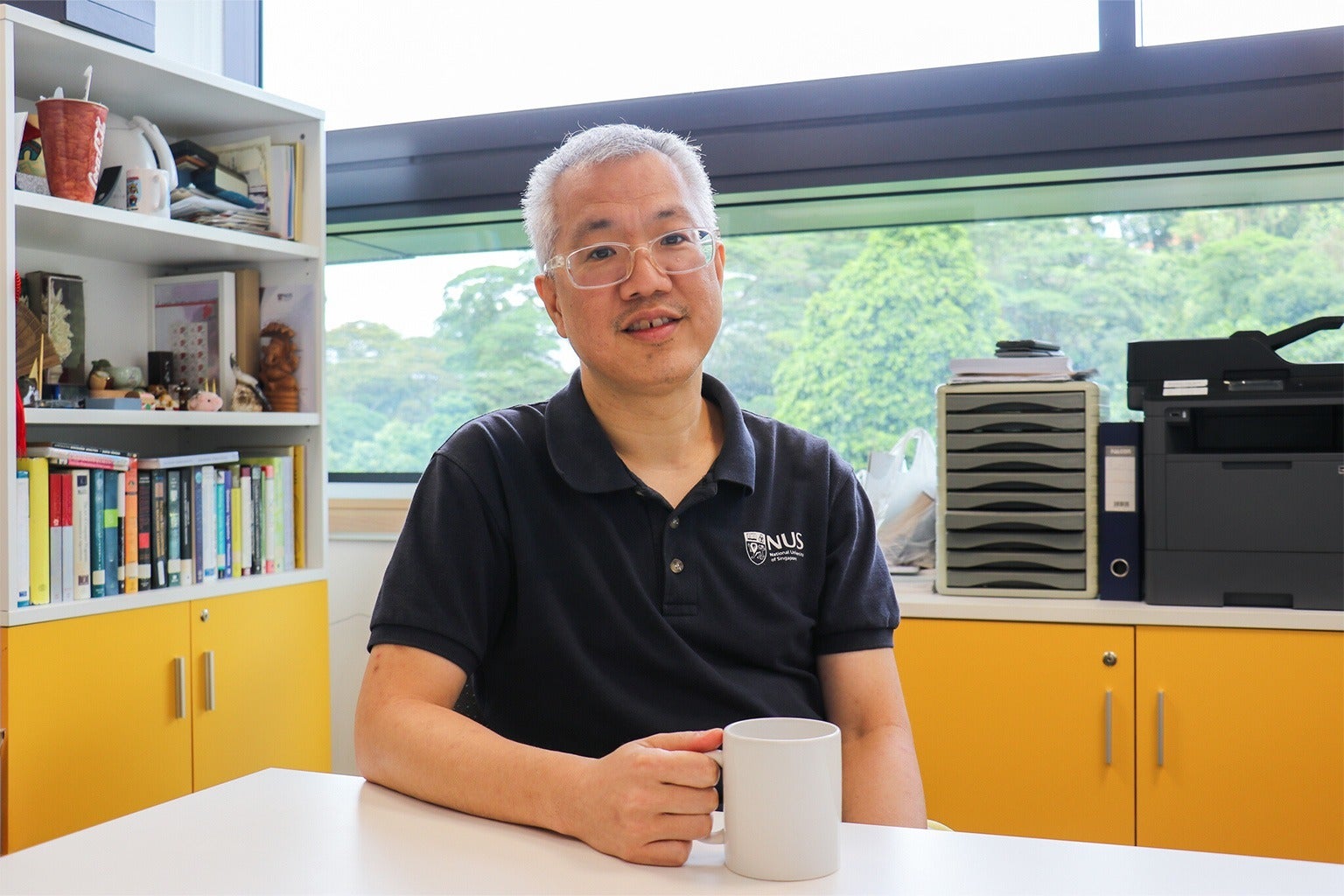
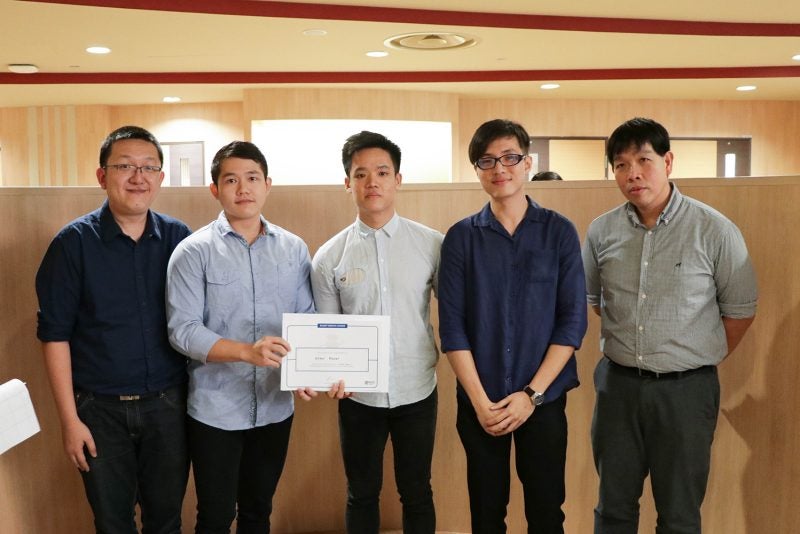
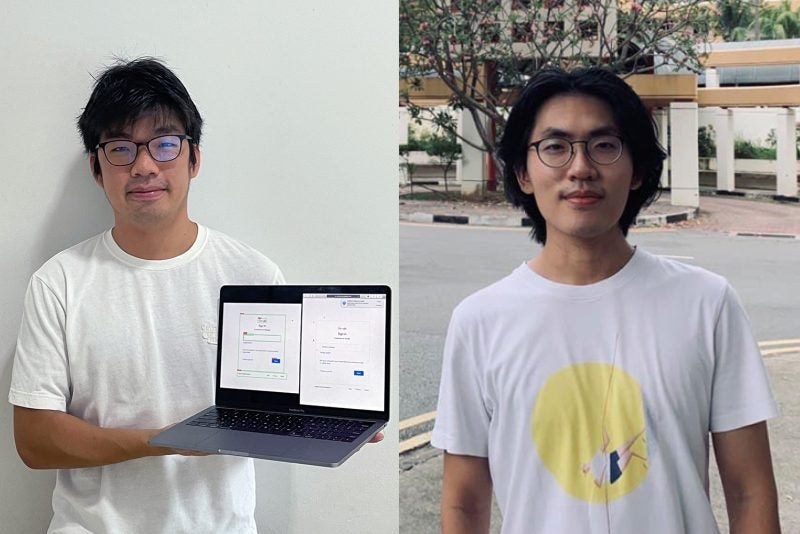
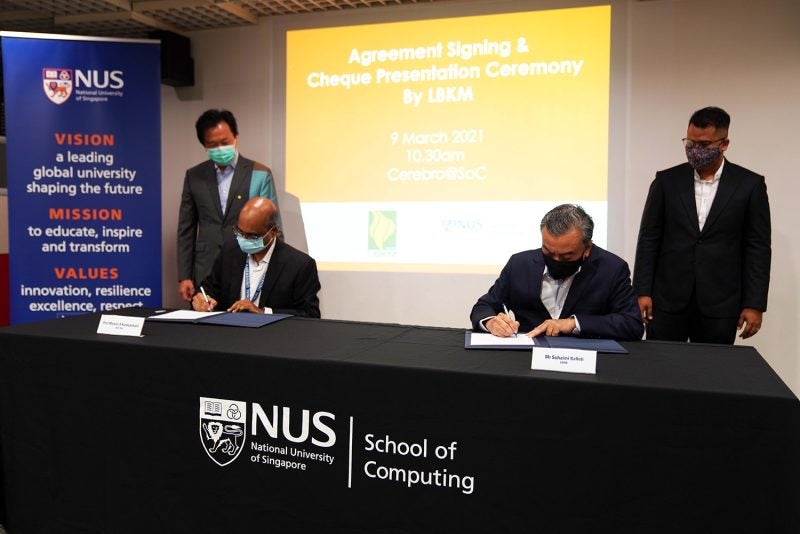
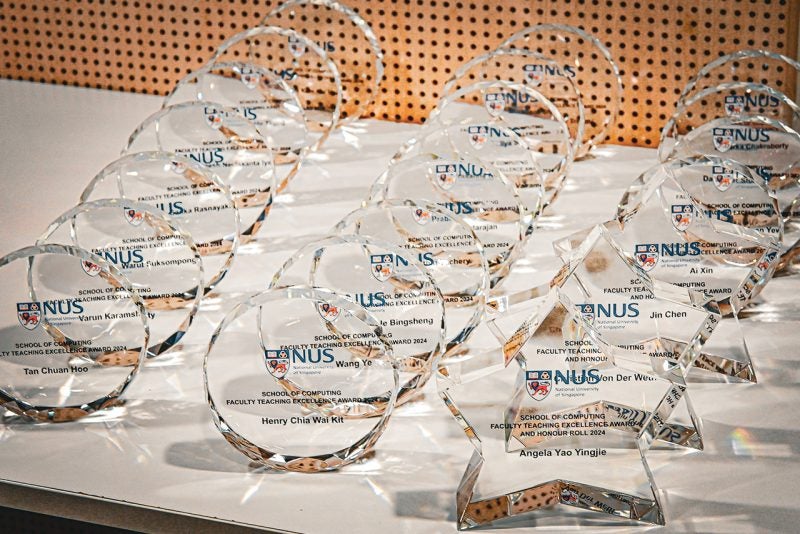
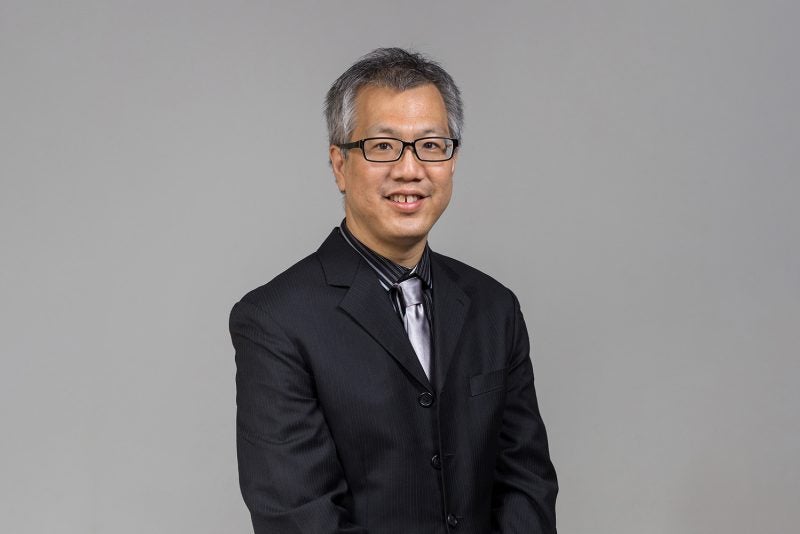
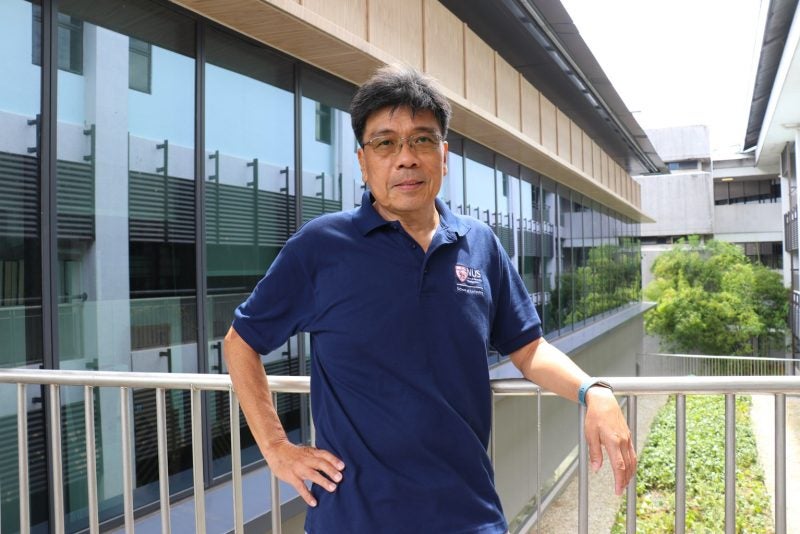

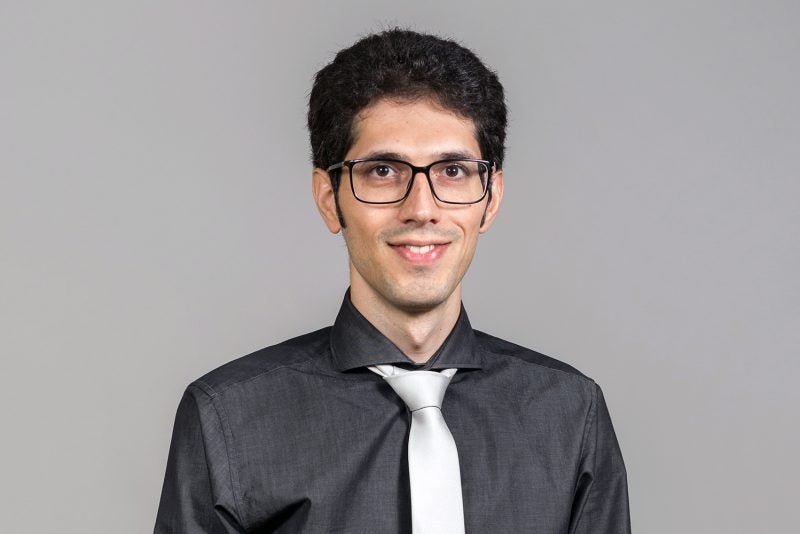
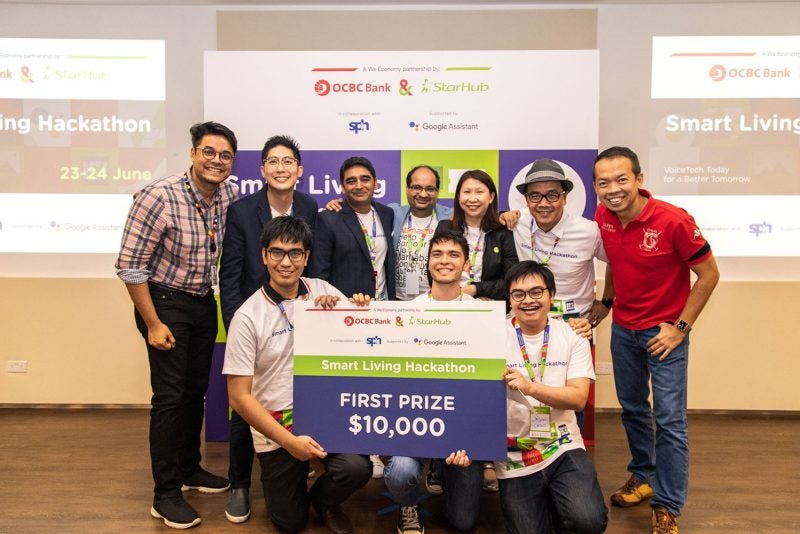
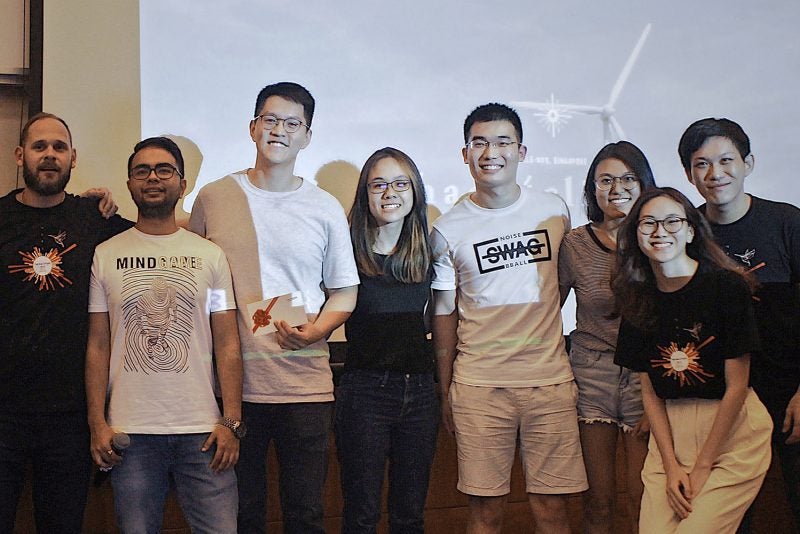
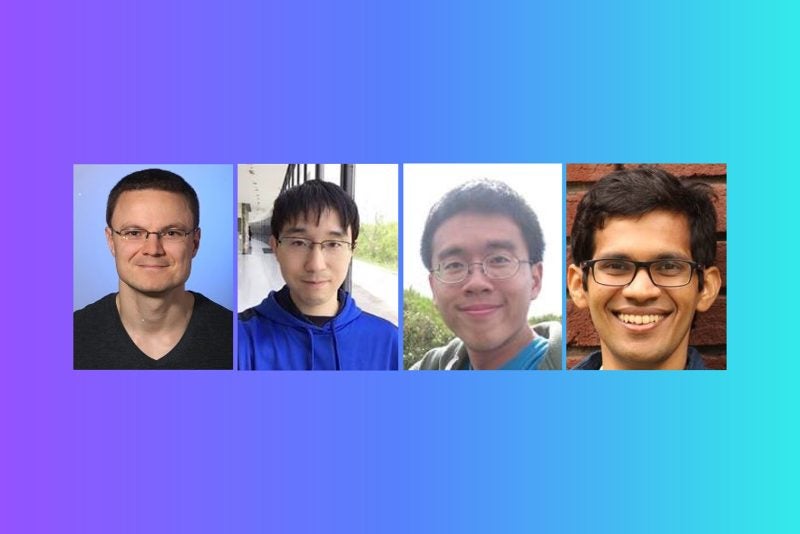
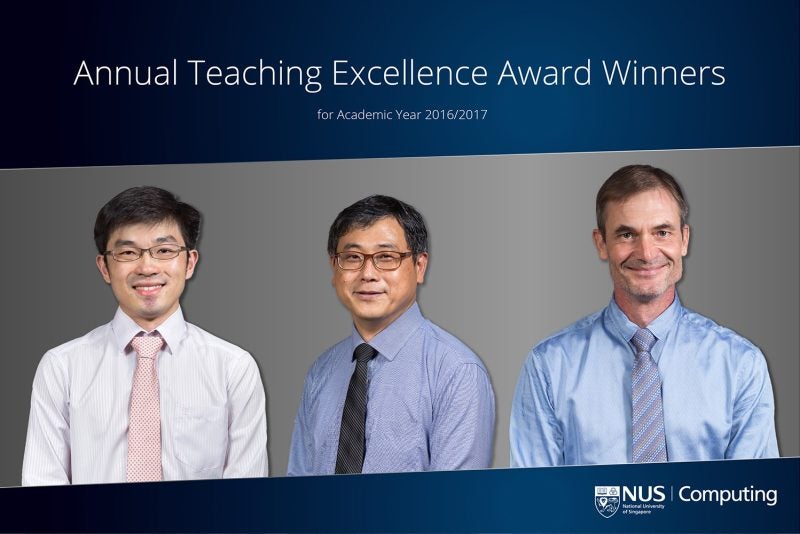
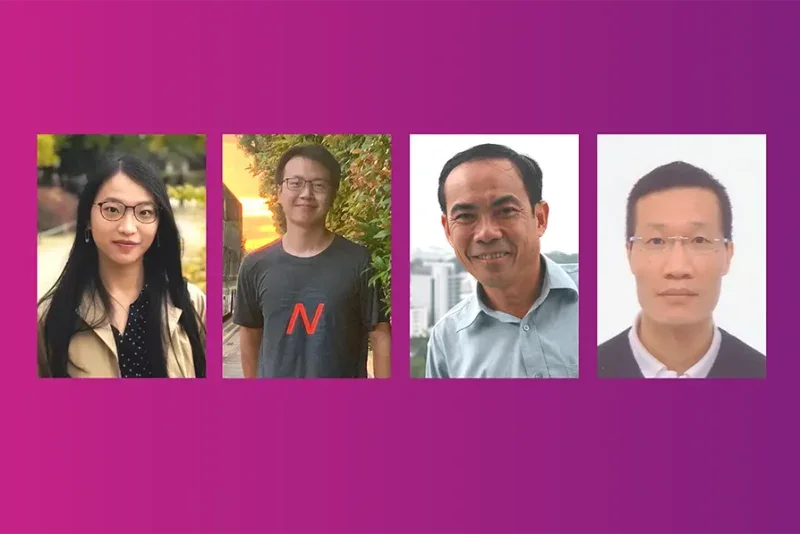
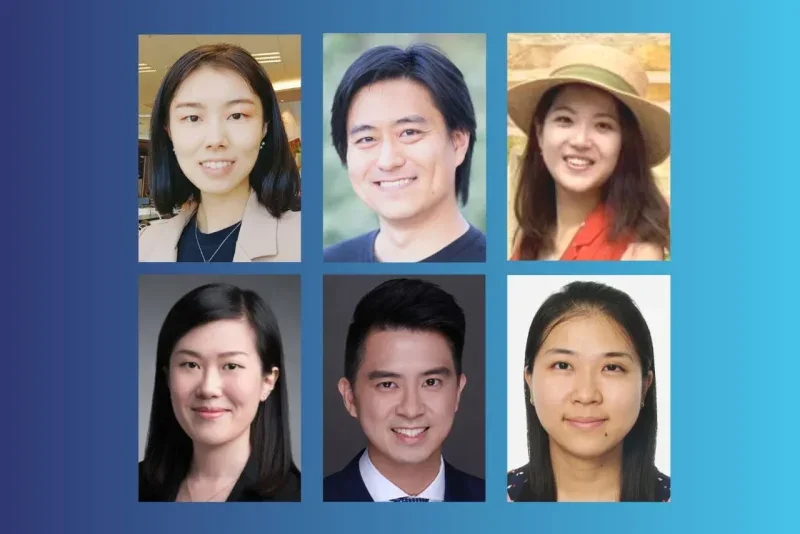
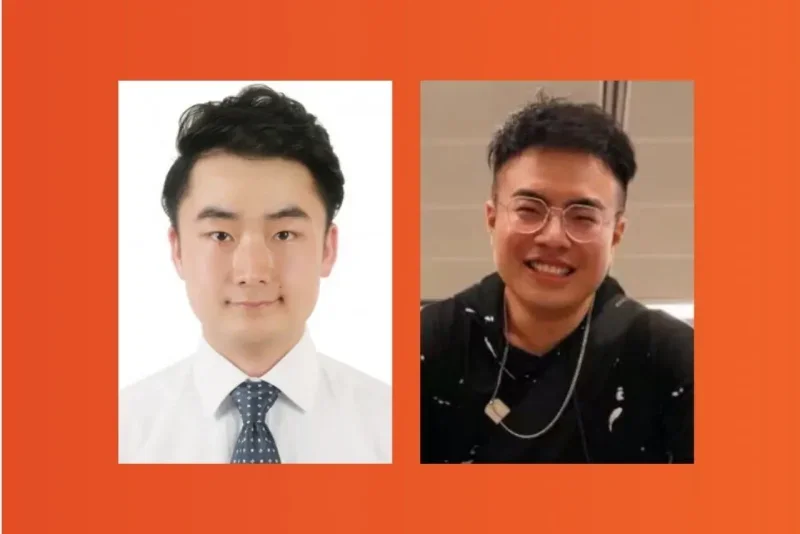
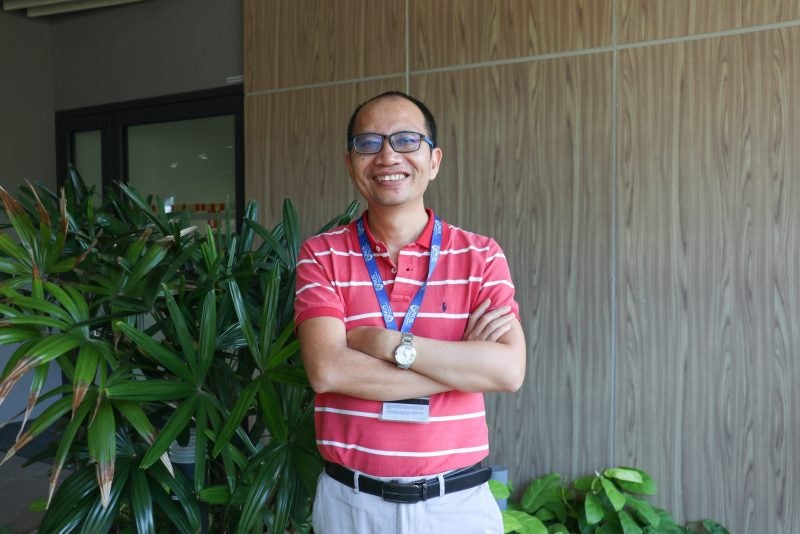
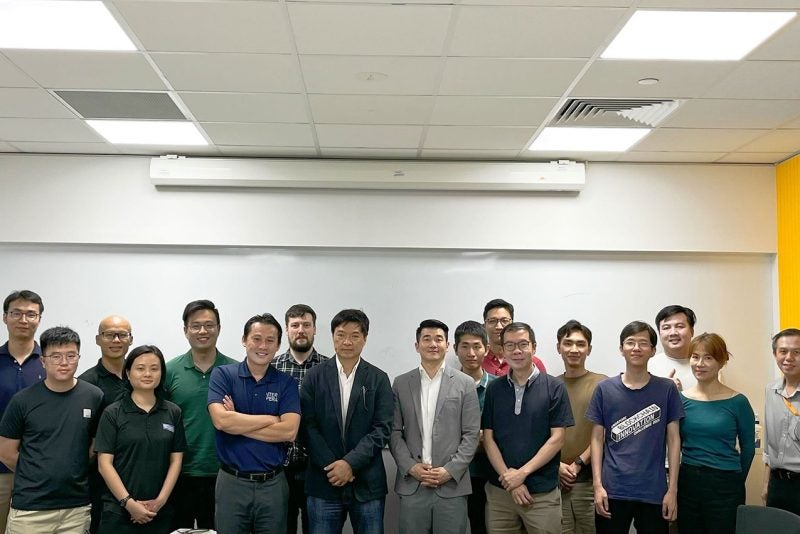
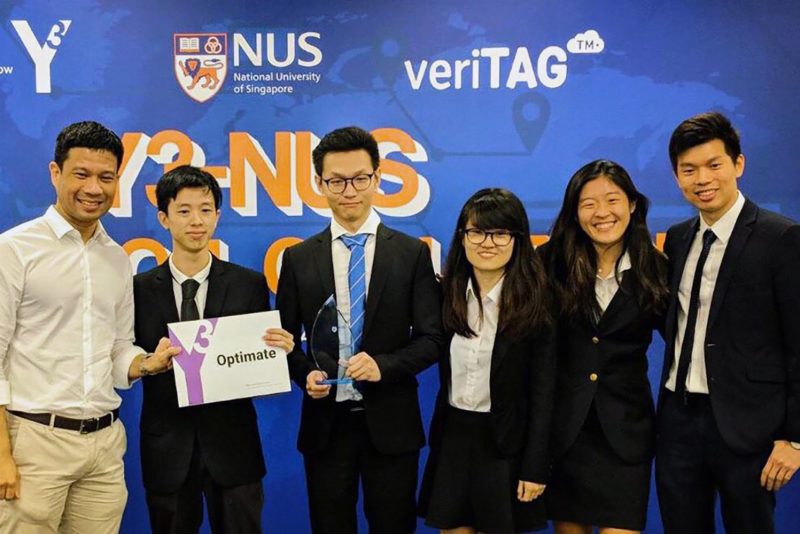
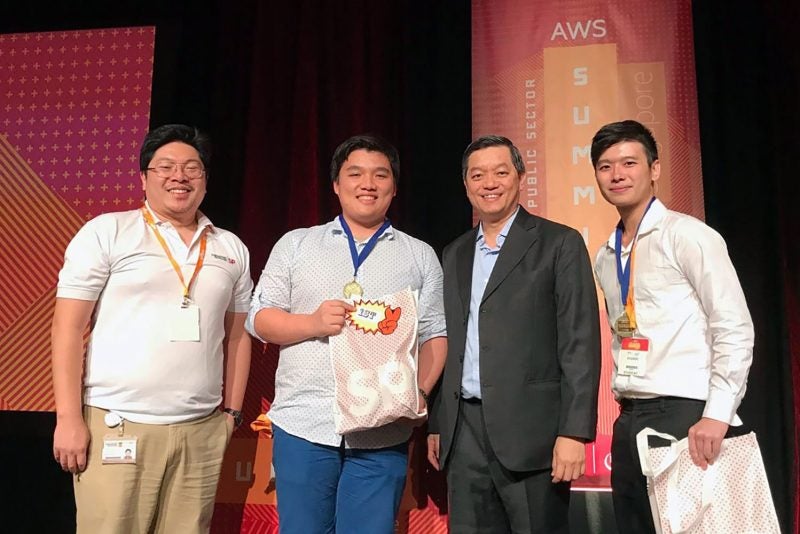
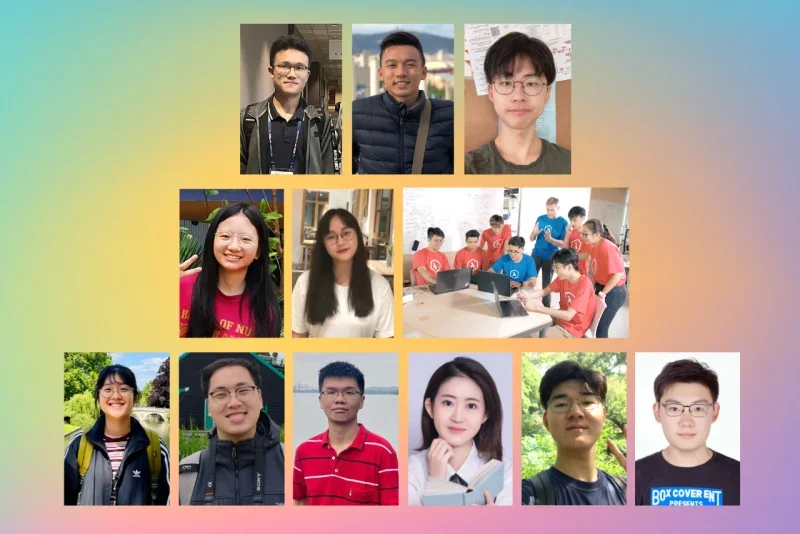
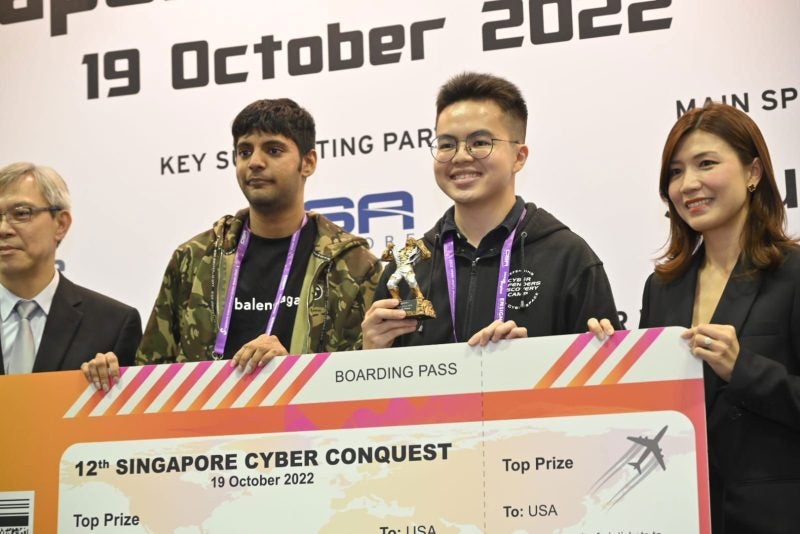
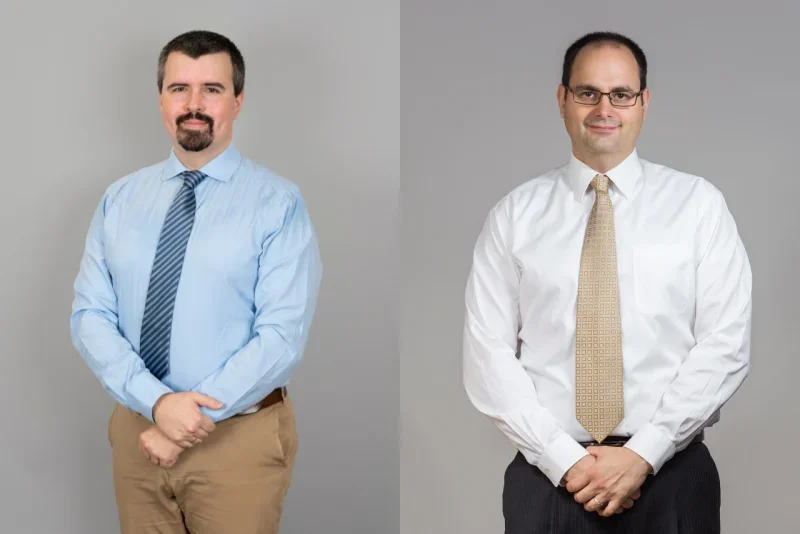
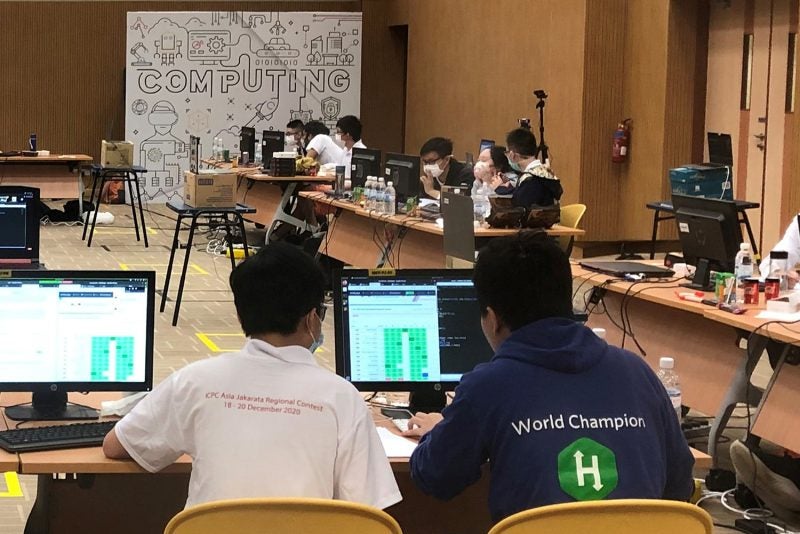
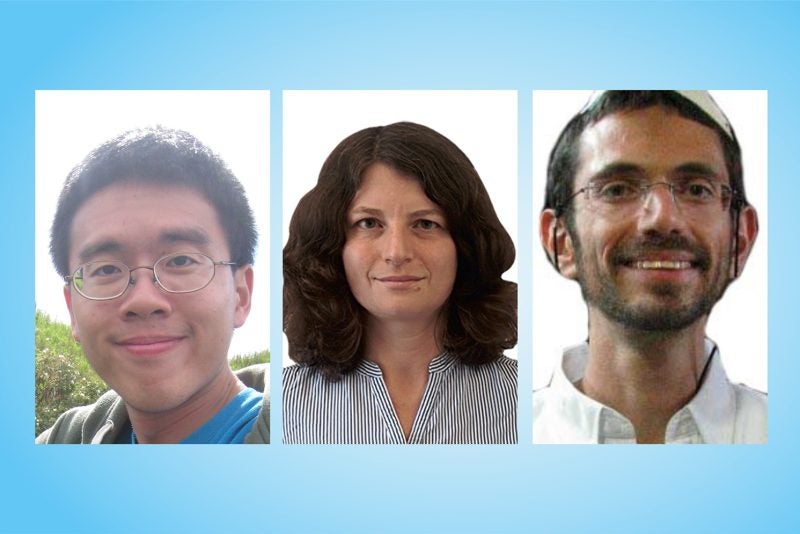
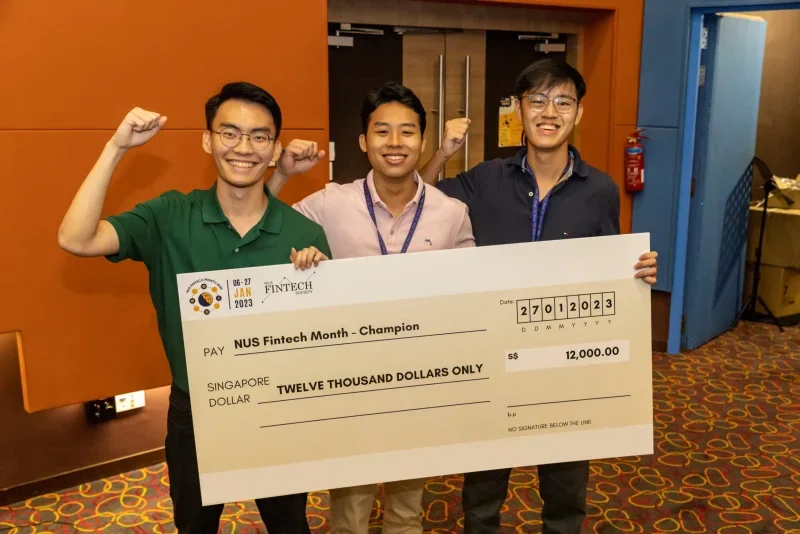
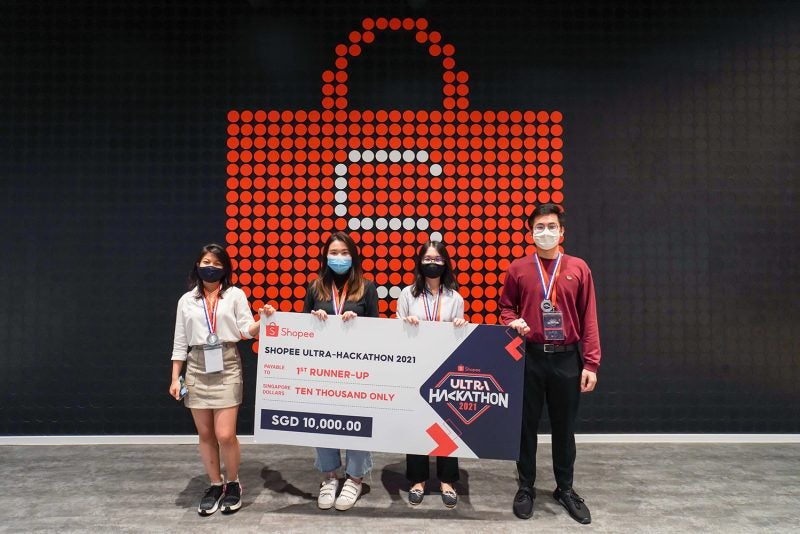
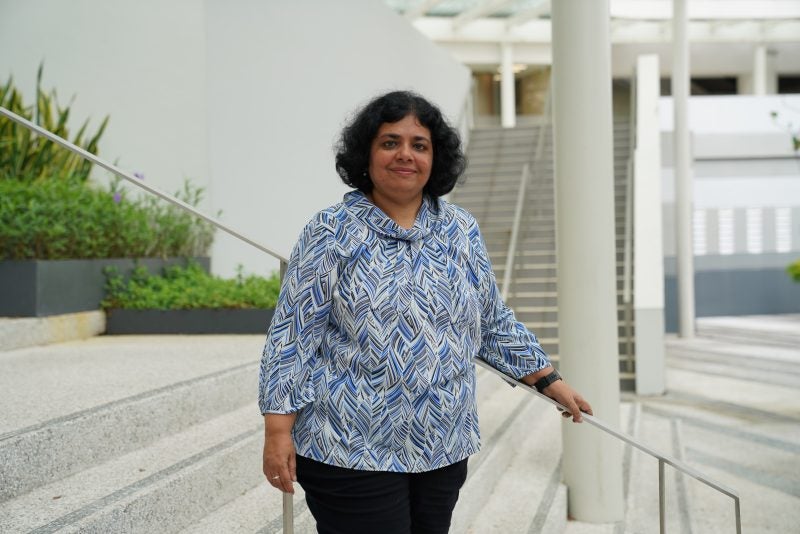
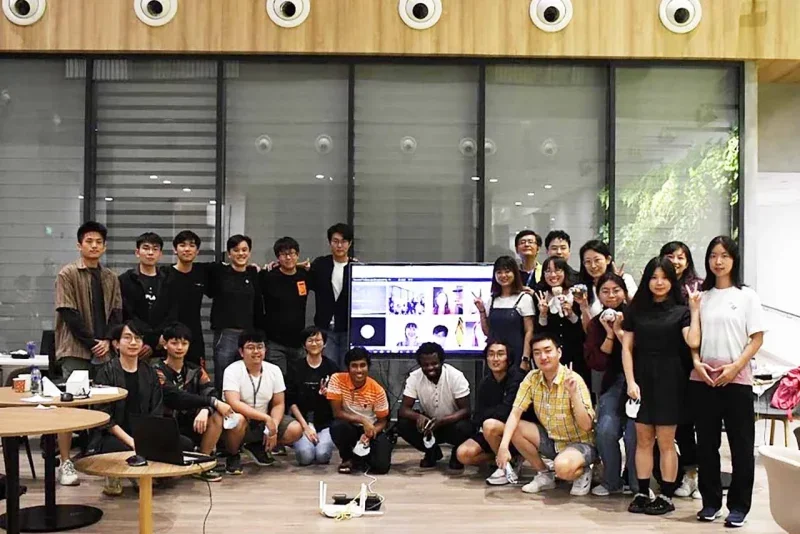
Assistant Professor Yair Zick: Ethics in Artificial Intelligence